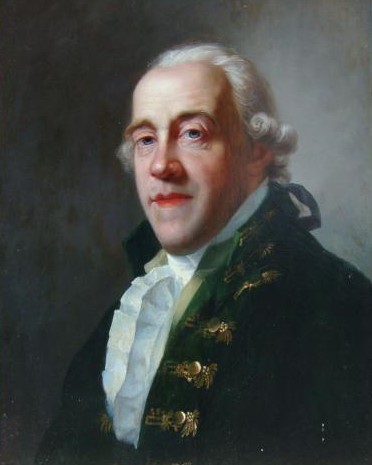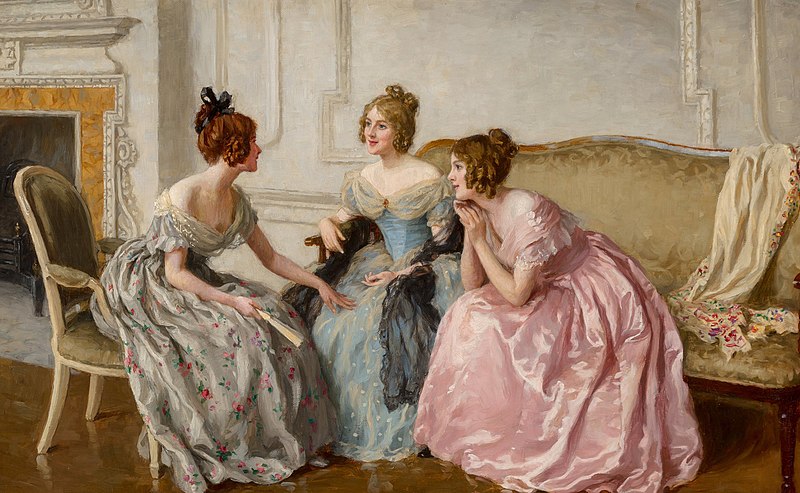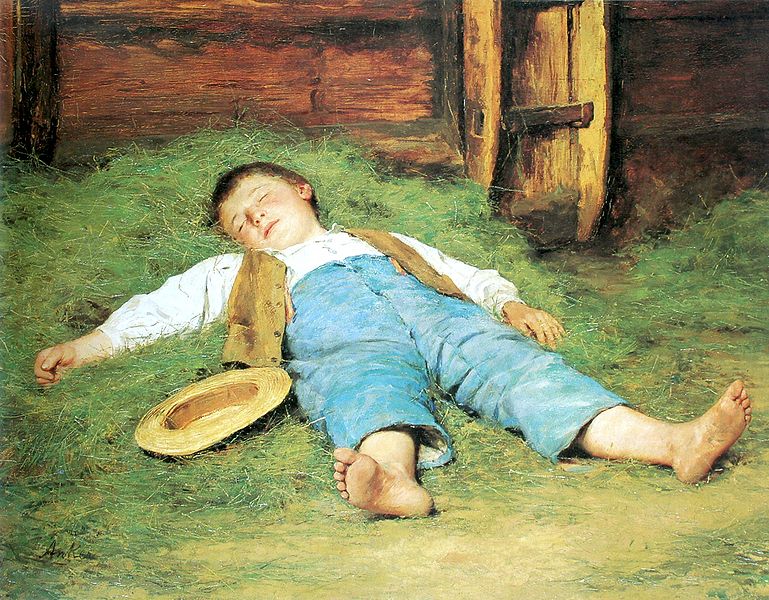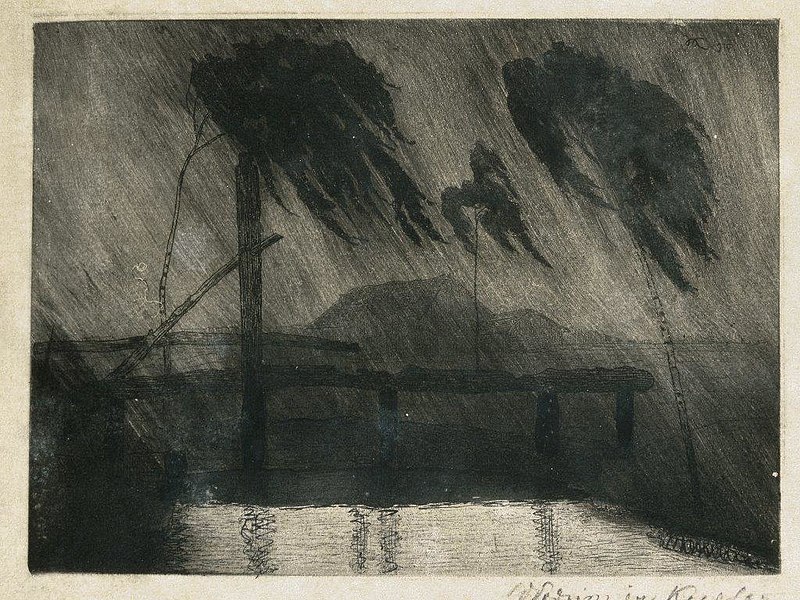
“A portrait is a painting with something wrong with the mouth.” — John Singer Sargent

“A portrait is a painting with something wrong with the mouth.” — John Singer Sargent
“When you praise someone you call yourself his equal.” — Goethe
“I never know whether to pity or congratulate a man on coming to his senses.” — Thackeray

(Thanks, Colin and Joseph.)

“Should a garden look as if the gardener worked on his knees? I ask you.” — Lincoln Steffens
Chinese proverbs:
And “Learning is like paddling a canoe against the current — you will regress if you don’t advance.”

“How happy many people would be if they cared about other people’s affairs as little as about their own.” — G.C. Lichtenberg
“Most people enjoy the inferiority of their best friends.” — Lord Chesterfield
“We all have strength enough to endure the misfortunes of others.” — La Rochefoucauld
“I set it down as a fact that if all men knew what each said of the other, there would not be four friends in the world.” — Pascal

“A sleeping child gives me the impression of a traveller in a very far country.” — Emerson

“Ideas often flash across our minds more complete than we could make them after much labor.” — La Rochefoucauld
“After investigating a problem in all directions, happy ideas come unexpectedly, without effort, like an inspiration. So far as I am concerned, they have never come to me when my mind was fatigued, or when I was at my working table. … They came particularly readily during the slow ascent of wooded hills on a sunny day.” — Hermann von Helmholtz
“You cannot, with your best deliberation and heed, come so close to any question as your spontaneous glance shall bring you while you rise from your bed or walk abroad in the morning after meditating the matter before sleep on the previous night.” — Emerson

“This thing called rain can make the days seem short and the nights seem long.” — Chang Ch’ao